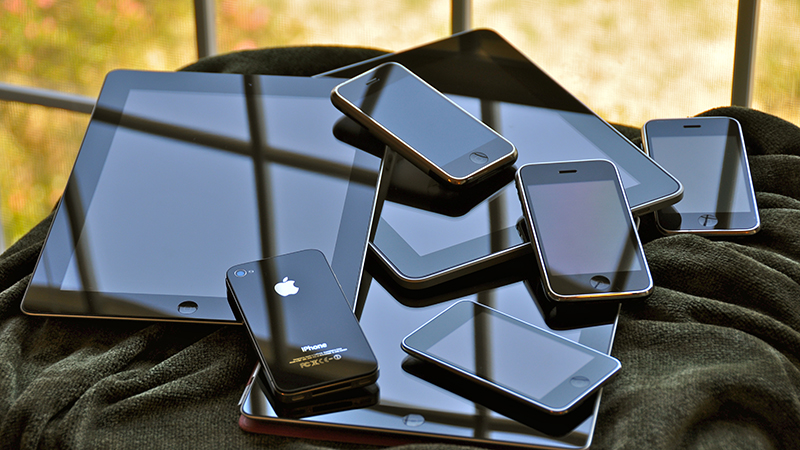Things have changed, technology has changed, and pretty soon, apps for the Apple iOS will have to change. It wasn’t too long ago when most companies were still refusing to move from the ancient IPv4 Internet networking protocol. IPv6, on the other hand, was seen to be slowly catching on, but there are a vast majority of Internet users that were still stuck on the times wherein IPv4 was still all the rage. Now, Apple, the Cupertino, California-based tech company, will soon require its iOS app developers to not just primarily use IPv6, but to mitigate the use of IPv4 as well.
Apple iOS Says Goodbye to IPv4
Starting with the Apple iOS 9, Apple has already begun migrating their Internet networking protocols from IPv4 to IPv6. The company said the following on a developer note: “Starting June 1, 2016 all apps submitted to the App Store must support IPv6-only networking.” The firms seems to have decided that it is already high time to initiate the final push for a more updated Internet protocol.
For many developers, moving towards IPv6 from IPv4 shouldn’t pose much of a problem. As Apple claims, “Most apps will not require any changes because IPv6 is already supported by NSURLSession and CFNetwork application programming interfaces (APIs).”
However, should an Apple iOS app be using IPv4-specific APIs or hard-coded IP addresses, then developers are advised to change their programming. The company recommends developers to read Supporting IPv6 DNS64/NAT64 Networks as well as watching Your App and Next Generation Networks to get up to speed with regards to facets revolving around IPv6.
Still, it is seen to be quite a while before anyone would follow Apple down this particular rabbit hole, and their closest rival for the mobile operating system sector, Google, shows that. Google demonstrates that even though North America has already run out of IPv4 addresses, there are only 9.4-percent of all Internet addresses that are now using IPv6 addresses. However, in the entirety of the United States, there are 25.87-percent of Internet addresses that are now making use of the IPv6 format.
So the question is, why is Apple iOS gunning so aggressively for developers to be making use of IPv6 instead of IPv4? This is because there are still a lot of homes and offices that use the IPv4 Internet networking protocol, but it is a different story with regards to smartphones. In the latest State of the Internet report from Akamai, it explained the following: “once again, cable and wireless/mobile providers continued to drive the largest volumes of IPv6 requests, as many are leading the way for IPv6 adoption in their respective countries. In the fourth quarter, Verizon Wireless and Belgium’s Telenet once again led the pack as the only two network providers with more than half of their requests to Akamai made over IPv6.”
